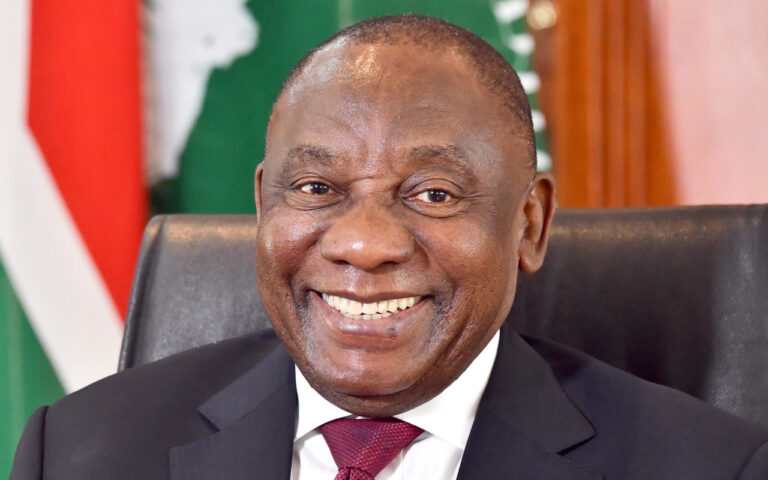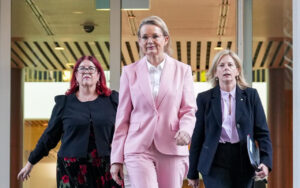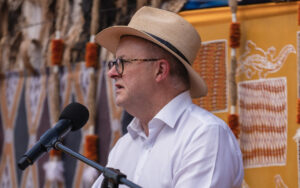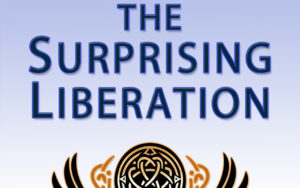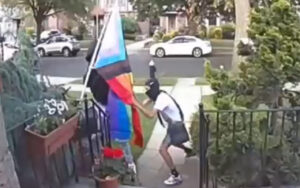The vast majority of South Africa’s income tax is paid by a tiny percentage of the population, and only 12% pay any income tax at all.
According to the South African Revenue Service’s annual tax statistics, just 7.6 million people out of the total population of 64 million filed income tax returns, while about 19.2 million people (30%) rely on social welfare.
And just 2.6% of the population – 1,660,182 individuals – paid 76.2% of all personal income tax in the 2023/24 financial year, prompting warnings from economists that the imbalance was unsustainable.
Meanwhile, just 0.1% of all companies – 1,051 firms – paid 72.3% of all company income tax.
Economist Dawie Roodt told Business Tech the government needed to rein in spending and warned that further burdening the small proportion of taxpayers would result in more South Africans moving abroad.
“If this increases, the tax base will collapse as many of the 2.6%, as well as businesses, will simply leave the country – which they are already doing,” he said.
Economist Claude de Baissac also said the situation was unsustainable, and that middle class South Africans were sick of paying taxes for public services such as health and education while using the private system themselves.
Mr de Baissac said the exodus of productive citizens created a vicious cycle, where an ever-increasing tax burden then pushed more people to move overseas.
The revenue service did not break down the income tax payments by race.
According to the 2022 Census, Black Africans make up 81.4% of South Africa’s population, followed by Coloureds at 8.2%, Whites at 7.3%, and Asians at 2.7%.
Header image: South African President Cyril Ramaphosa (Government ZA)
